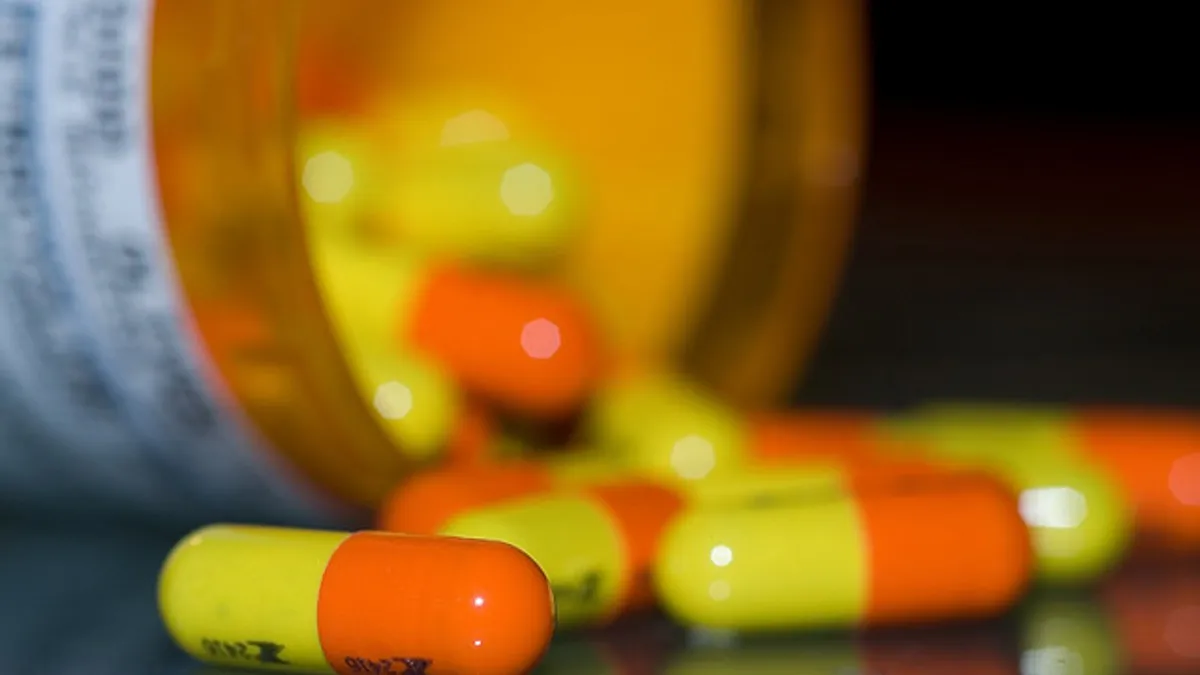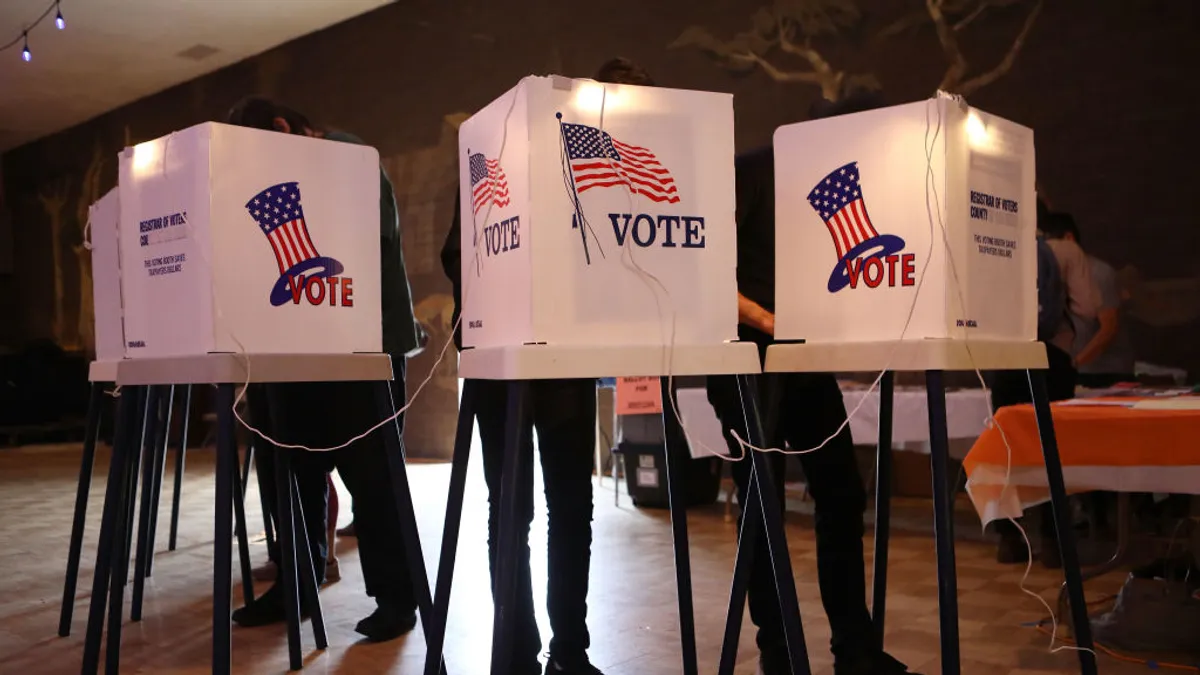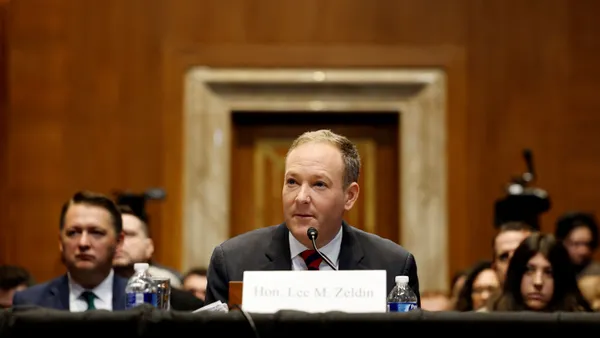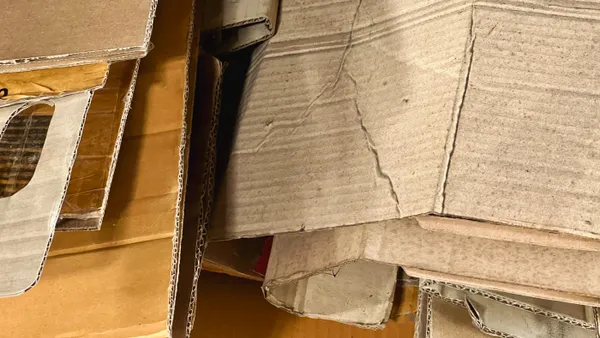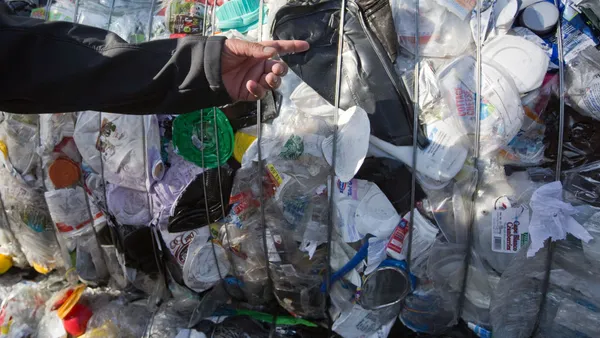Dive Brief:
- A coalition of environmental and health organizations, state legislators, and other stakeholders has requested that the Food and Drug Administration (FDA) mandate a single national disposal system for pharmaceuticals, such as a federally endorsed take-back program, and that this system be communicated on all federal government websites and materials.
- The coalition also called on the FDA to collaborate with the Environmental Protection Agency, the Drug Enforcement Agency, and the White House Office of National Drug Control Policy to develop guidance for consumers to ensure they safely dispose leftover medications.
- Specifically, the letter to FDA Commissioner Stephen Ostroff urged the agency to end its “flush list” recommendation — a method which the coalition claims contributes to pollution in the environment.
Dive Insight:
Currently, only 1% of pharmaceutical companies offer a drug take-back program. Environmentalists who want that number to change have called on some of the top drug manufacturers to develop a national network of such offerings, as leftover and expired medications are a problem. Not only is it potentially dangerous to leave them around the house, but a common alternative — flushing them — pollutes wastewater streams.
In 2014, Canada launched a take back campaign where citizens dropped off unused and expired drugs at their local pharmacy – 390 tons of it.
But there exists a barrier to implement such programs in the U.S., say environmentalists — namely because federal agencies’ messages on pharmaceutical disposal are not consistent with state and local regulations.
Scott Cassel, Founder and CEO of Product Stewardship Institute Inc., told Waste360 the pharmaceuticals waste problem is a top concern for that organization. And Heidi Sanborn, Executive Director of the National Stewardship Action Council, is on the same page.
"…There is a real disconnect between the FDA and other federal agencies about the proper way of disposing unused medications," said Sanborn. "The FDA must end its recommendation of flushing medications ... instead, by supporting take back programs and sending one unified message, we can increase the public’s trust of their government to protect their water supply."
There has been slow but real change. A recent court ruling upheld the right of U.S. jurisdictions to require the pharmaceutical industry to establish and finance take-back programs, though the industry as a whole has not stepped up to offer them.


